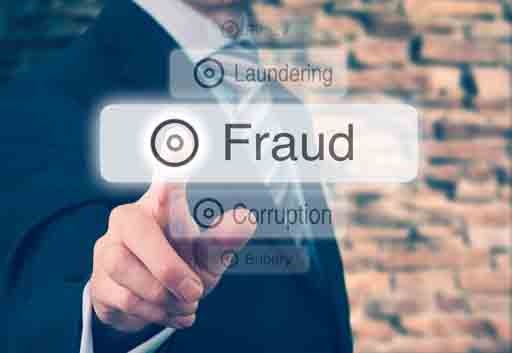Another day – another notice of a data breach. This time, the Illinois Department of Employment Security (the “IDES”) database has been breached. It means that anyone who filed for Illinois unemployment insurance benefits prior to March 2017 is at risk of an identity theft.
According to the notice of data breach, “a malicious third party “hacker” had exploited vulnerability in the AJL application code [translation — the database containing information of the IDES’ employment insurance recipients] that could have permitted the hacker to access the names, social security numbers and dates of birth of job seekers in the AJL system of ten states, including Illinois.” So, all recipients of the Illinois unemployment insurance benefits are at risk that someone may illegally use their personal information to obtain credit or other financial benefits.
To help recipients of the Illinois unemployment insurance benefits to “guard” against such risks, the IDES’s vendor responsible for this breach will provide one year’s worth of credit monitoring, at no costs to recipients. The affected unemployment insurance recipients can contact a call center that was set up for this purpose. To obtain information regarding credit monitoring, unemployment insurance recipients should call 844-469-3939. Alternatively, unemployment insurance recipients may visit http://www.ajla.net/pressrelease.html for more information.
To obtain an annual free copy of a credit report, visit www.annualcreditreport.com or call 877.322.8228.
Review your credit reports thoroughly for any inquiries from companies or persons you do not recognize, or account you did not open. Also make sure to verify the accuracy of your Social Security number, latest address updates, changes in name, and employer information. If information on your credit report is incorrect, notify the credit bureaus immediately. You may place a fraud alert or security freeze on your credit file, thereby preventing future fraud activity on your account.
Disclaimer: This article is intended to serve as a general summary of the issues outlined therein. While this article may include general guidance, it is not intended as, nor is it a substitute for, a qualified legal advice. Your receipt of this article from Lexern Law Group, Ltd. (the “LLG”) or any of its attorneys does not create an attorney-client relationship between you and the LLG. The opinions expressed in this article are those of the authors of the article and does not reflect the opinion of the LLG.

